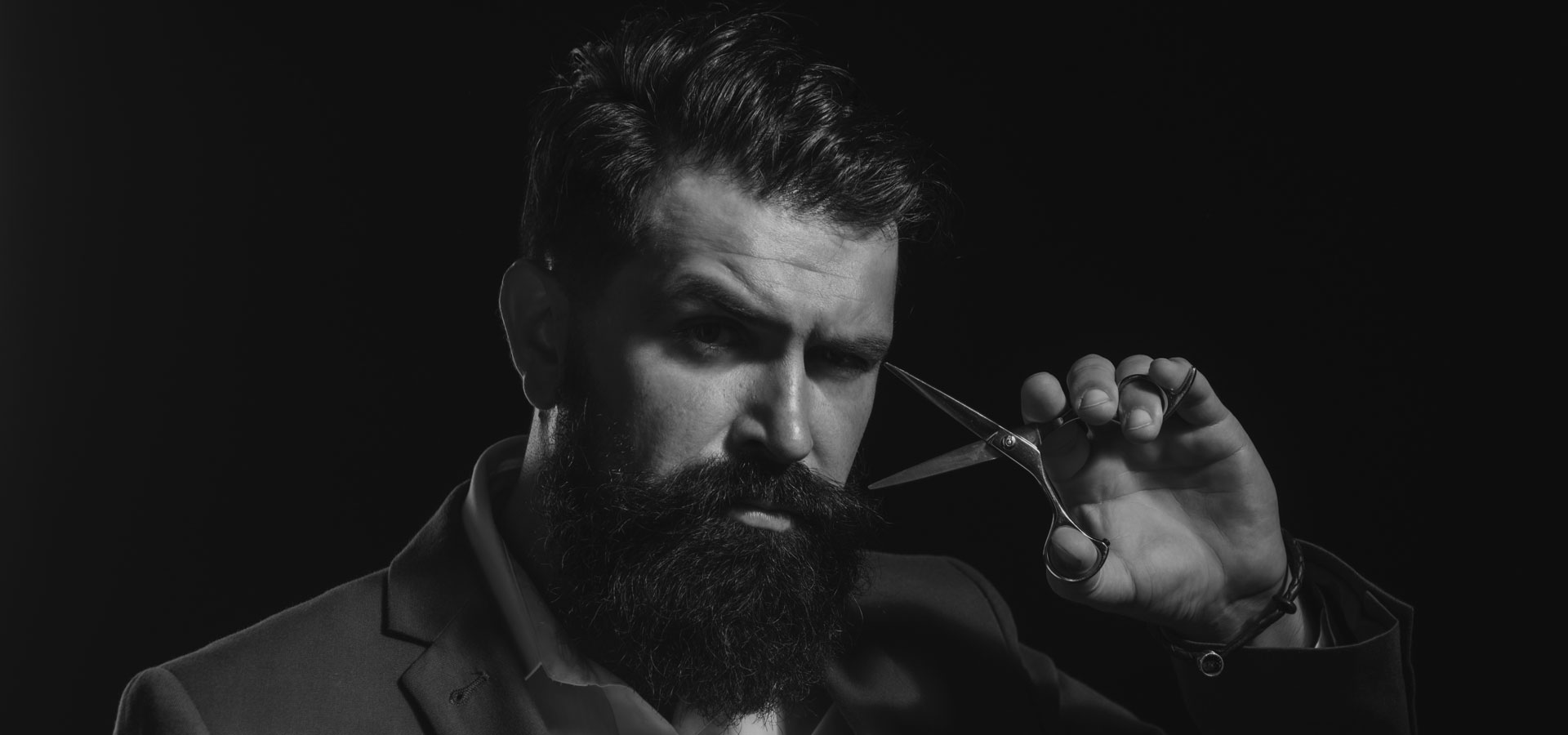
The importance of a man’s relationship with his barber
From weighing the pros and cons of a potential new job, to talking through a breakup, Portner has heard it all. He listens intently as he trims and styles, offering a compassionate ear and advice when he can.
Men don’t really talk about their feelings or what they’re thinking too much, but the barbershop opens up that environment for them to express how they feel and share what’s going on in their lives.
“A lot of my clients have opened up about some very deep stories that they probably wouldn’t tell many people. I’ve helped a few people through some really tough times.”
Men frequently go for haircuts and beard trims, which gives them the opportunity to develop a close relationship with their barber. The intimate nature of the work—being in close proximity to clients and having physical contact—helps build a connection
Men lack the social support they need to live happy and healthy lives
A 2015 study found that more than half the men surveyed had fewer than two friends to have serious conversations with. One in eight men have none.
This lack of social support can seriously affect a man’s physical and mental health, says Don McCreary. He’s the owner of Toronto-based DRM Scientific Consulting, an international consultancy specializing in men’s health.
“There’s a lot of research that shows that people who have friends and family that they can talk to tend to be healthier and happier,” he says. “Social support is really very important.”
And it could help reverse a concerning trend: men in Canada are more likely than women to suffer from a number of illnesses.
They’re 11 per cent more likely to get cancer and 36 per cent more likely to die when they get the disease. They’re also three times more likely than women to commit suicide.
Men may not seek help early enough and they may be lonely, McCreary says. Studies show that people who are lonely are more likely to die young and suffer from a number of illnesses. One study published last year found that when lonely people have colds, their symptoms are more severe.
Despite its name, social media lends little social support. “We need to realize that having 500 friends on Facebook is not friendship. It’s a false economy,” says McCreary.
“It’s important to cultivate at least one close friendship with somebody you feel comfortable talking to in times of trouble.”
In effort to leverage the trusting relationships men have with their barbers, organizations have started programs to train them in recognizing and responding to their clients’ health struggles.
It’s a strategy that Portner uses every day on the job. He often shares his own experiences with his clients to create an open dialogue.
He’s seen the impact of this with one client in particular.
A newly-single father told Portner that he was worried he wouldn’t be able to find a partner who would love and accept his children. Portner shared his own experience as a child of divorce and described the positive relationship he has with his stepmother.
It was the motivation the client needed to start dating and find a loving partner. “He always says that conversation really helped him get through that tough time,” Portner says. “Now he’s found someone, they’re in love and his life has changed because of it.”





